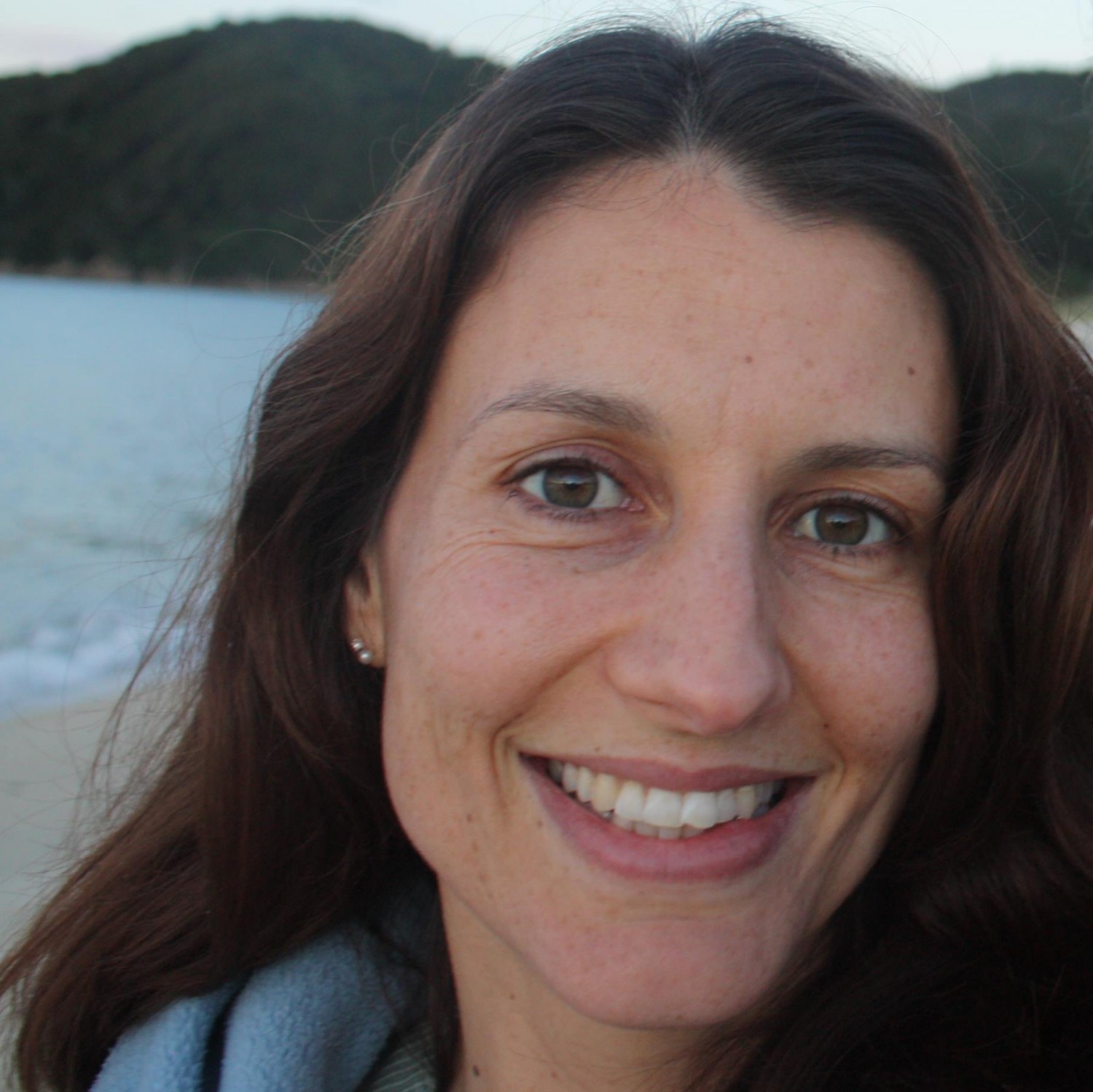Lecretia Seales was a lawyer based in Wellington, New Zealand, who worked for Kensington Swan, Chen Palmer & Partners, the Department of Prime Minister and Cabinet, and the Law Commission, where she was a Senior Legal & Policy Adviser.
She was diagnosed with brain cancer in 2011. Her cancer was a grade 2 oligoastrocytoma. She received surgery to debulk the tumour but it could not be removed completely. Between 2011 and 2014 she received radiotherapy and two courses of chemotherapy to deal with the remainder of the tumour.
In January 2015, Lecretia’s health entered a decline despite her treatments and she came to the end of her options for treating the cancer effectively.
She began to review her end-of-life alternatives. She discovered that if she was very lucky, she might die quickly, but that the more likely outcome was that she would have to undergo a drawn out, undignified death, after losing her mental faculties and all quality of life. Her other alternative was a violent, lonely and traumatic death at her own hand, which would rob her of a few precious weeks or months of life that would be worth living and stigmatise her as a suicide.
Lecretia believed there should be a gentler, more compassionate way. She would have liked the choice to receive physician-assisted death, to bring about her demise no sooner than the point that she determined she had no quality of life, and before she entered a long, pointless and wasteful period of suffering prior to her death.
On 20 March 2015, Lecretia and her lawyers filed a statement of claim with the High Court of New Zealand arguing that her GP should not be prosecuted under the Crimes Act 1961 in assisting her in her death with her consent, and that under the Bill of Rights Act 1962 she had the right to not be subjected to the unnecessary suffering of a long, cruel death. Lecretia’s wish was to be able to die at a time of her choosing, surrounded by her husband and her family, whom she loved very much.
Lecretia passed away on 5 June 2015, on the same day the Seales v Attorney General judgment was released to the public. She was not assisted to die. The judge did not grant her the declarations she sought, but he made several statements in support of Lecretia’s wishes, which the New Zealand parliament is obliged to respond to.
Lecretia’s case brought awareness to the plight of the terminally ill, and through her hearing she both clarified the current state of New Zealand law and catalysed New Zealand politicians into engaging with the issue of assisted dying for the first time in more than a decade.
Lecretia hoped that others in similar situations would one day be able to make their own decisions about how they live and die, and to have the choice that she was denied.
The End of Life Choice Act was passed in November 2019, and if a public referendum secures 50% support, the Act will be implemented and New Zealanders will have the choice that Lecretia fought for.
In December 2015, Lecretia was named New Zealander of the Year by the New Zealand Herald, the country’s most widely circulated print newspaper.
This blog is maintained by Lecretia’s husband, Matt.

